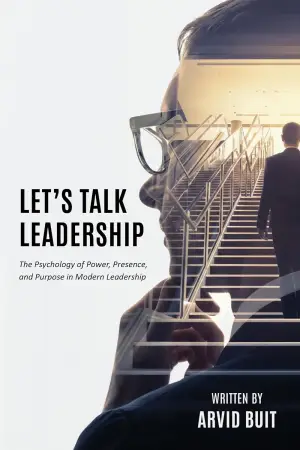Book Review: Could Your Spouse Have Borderline Personality Disorder? By Robert Page
Have you ever found yourself standing on a precipice, peering into the tumult of emotions swirling around your loved one, wondering if something deeper lies beneath the surface? This feeling is all too familiar for many, which is why Robert Page’s book, Could Your Spouse Have Borderline Personality Disorder? Understanding the Roses and Rage of BPD (Roses and Rage BPD), compelled me to delve into its pages. As someone who has navigated the intricate waters of relationships touched by mental health challenges, I found a sense of connection and understanding that has been difficult to articulate elsewhere.
Page offers a down-to-earth exploration of borderline personality disorder (BPD) from the unique perspective of a loving spouse. His honest and raw recounting of personal experiences brings a warmth that feels comforting for anyone who has experienced similar trials. He shares the tumultuous highs and lows, painting vivid images of weekends lost to arguments and the weight of bizarre accusations that can plague the mind. What struck me most was how Page succinctly encapsulated that visceral sense of isolation felt by countless loved ones caught in similar storms.
Key themes in the book revolve around the complexity of love and understanding amidst the chaos. Page emphasizes that while BPD can manifest in raging outbursts and emotional turmoil, there are often “roses” to be found in the relationship. This duality serves as a reminder that love can be beautiful even in complicated circumstances, and it’s often distressingly hard to navigate that landscape. His reflections resonate with the adage that understanding is the first step to compassion, which deeply aligns with my own beliefs about relationships fueled by mental health challenges.
The writing style is conversational yet poignant, showcasing Page’s ability to break down complex topics without overwhelming the reader. At just under an hour’s listen, the pacing is brisk yet contemplative—perfect for those caught in the whirlwind of their own emotions who may struggle to find the space to read. This short format makes the book accessible, allowing readers to quickly glean insight and support at a time when they might need it most.
One memorable line that stuck with me was, “Remember, you are not alone—this struggle does not define you.” This sentiment echoes throughout the book and serves as a crucial lifeline for anyone feeling overwhelmed by their partner’s behaviors. It is a reminder to reclaim self-respect and dignity, even amidst chaos. These powerful insights are not just anecdotal; they are bolstered by testimonials from various members of the BPD community, offering a chorus of supportive voices that add depth to Page’s narrative.
In conclusion, I would highly recommend Could Your Spouse Have Borderline Personality Disorder? to anyone who may find themselves standing in the shadows of a loved one grappling with BPD. It can be a pivotal resource for spouses seeking clarity, validation, and hope. For readers yearning to understand the complexities of their partner’s feelings while learning how to protect their own mental well-being, this book offers not only guidance but also an empathetic companion in what can often feel like a solitary journey.
Having read this book, I emerged feeling more equipped, having taken away practical insights woven with compassion that will surely resonate long after the final page. It’s a guide that reminds us of the beauty and chaos of love and the importance of seeking understanding—not just of our partners, but of ourselves.






